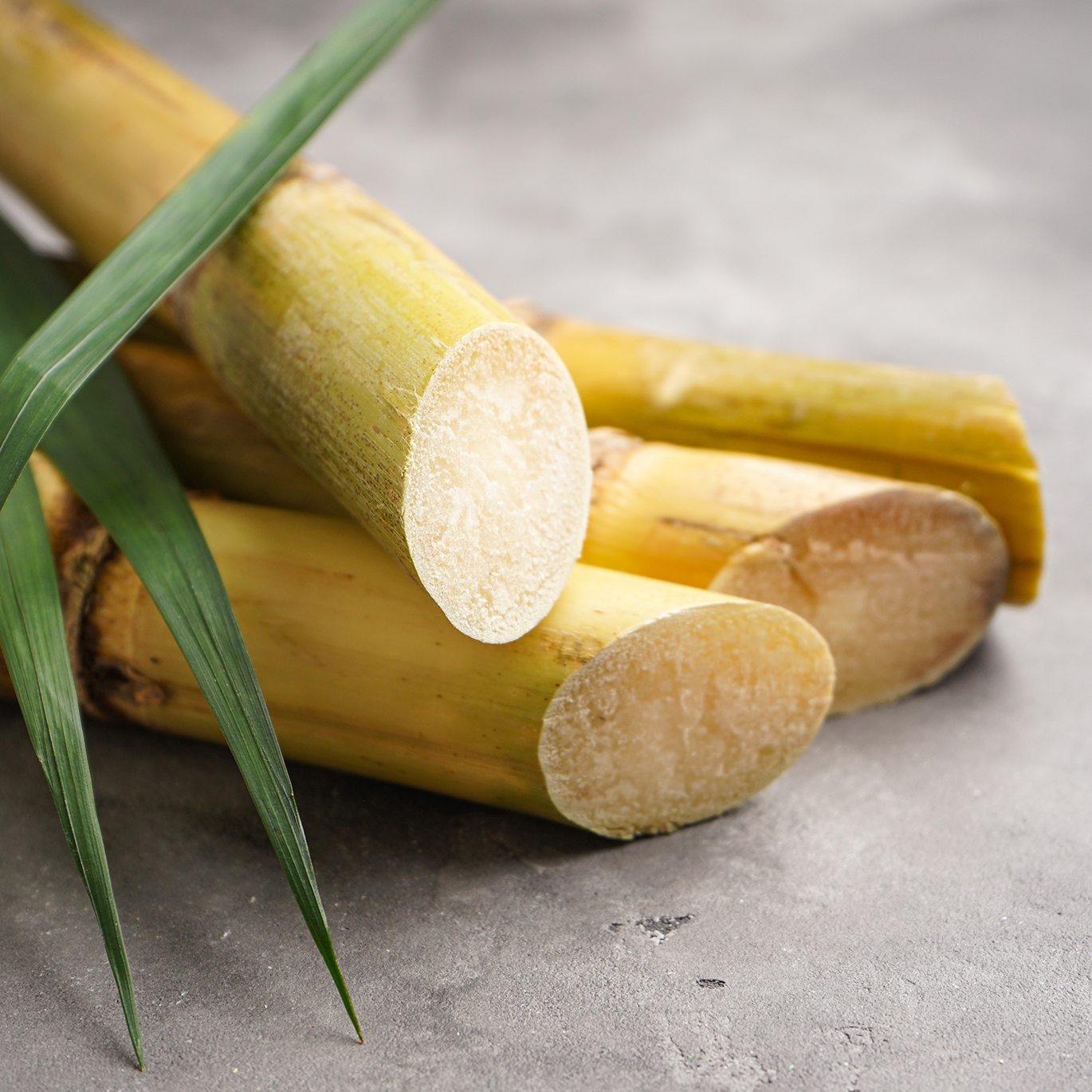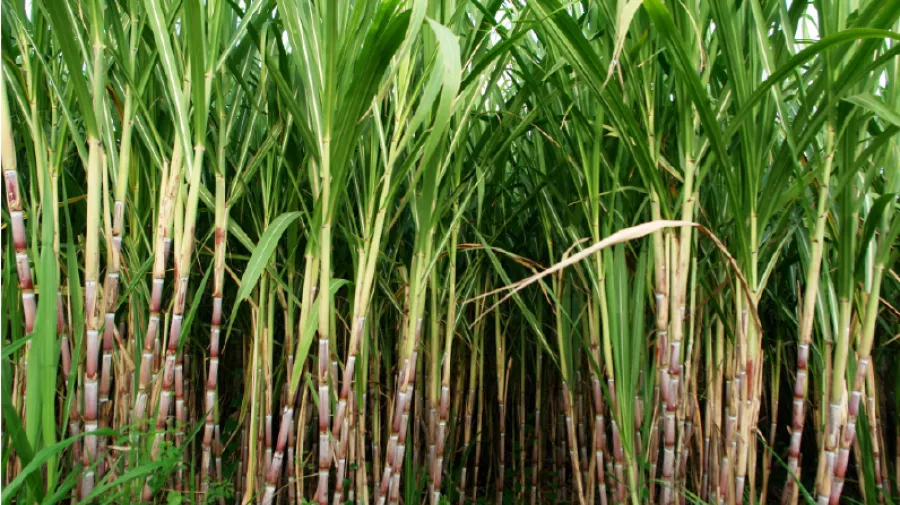Sugar and Cane: Unlocking the Secrets Behind Their Sweet Appeal
Sugar and Cane: Unlocking the Secrets Behind Their Sweet Appeal
Blog Article
Why Cane Sugar Handling Chemicals Are Critical for Modern Sugar Refining
The role of walking stick sugar handling chemicals in contemporary sugar refining can not be overemphasized, as they are indispensable to boosting both the performance of extraction and the total top quality of the last item. Agents such as phosphoric acid and particular flocculants are utilized to eliminate impurities, resulting in sugar that not only meets consumer assumptions yet additionally sticks to market requirements.
Role of Processing Chemicals
The efficacy of cane sugar processing hinges significantly on the strategic application of processing chemicals. These chemicals play a critical duty in boosting the effectiveness and top quality of sugar removal and refining. From the first phases of juice removal to the final filtration steps, processing chemicals facilitate different critical operations.
In the extraction stage, chemicals such as phosphoric acid and calcium hydroxide are used to enhance the information process, assisting to eliminate pollutants and put on hold solids from the walking stick juice. This not only improves the yield yet likewise ensures the quality of the end product. Furthermore, agents like flocculants help in the fast settling of contaminations, thus streamlining the overall procedure.
Activated carbon and ion exchange resins offer to get rid of shade and odor, making sure that the refined sugar fulfills consumer top quality requirements. Hence, the careful selection and application of these chemicals are essential for accomplishing optimal end results in walking cane sugar processing.
Key Sorts Of Chemicals
Walking stick sugar handling relies upon a variety of key chemicals that assist in each phase of manufacturing. These chemicals play crucial duties in clarifying, bleaching, and purifying the sugar extracted from cane.
One main group of chemicals includes flocculants, such as polyacrylamide, which help in the information process by advertising the gathering and settling of contaminations. Additionally, calcium hydroxide is usually employed to reduce the effects of level of acidity and assist in the elimination of non-sugar parts.
Whitening agents, such as triggered carbon and sulfur dioxide, are utilized to decolorize the syrup, leading to a clearer final product. These chemicals help get rid of color compounds that may impact the sugar's appearance and bankability.
Furthermore, phosphoric acid functions as a pH regulatory authority throughout the handling stages, making certain optimum problems for the enzymatic activities involved in sugar removal and purification.
Various other essential representatives consist of edta (ethylenediaminetetraacetic acid), which chelates steel ions that can militarize unfavorable reactions, and salt hydroxide, which aids in pH control throughout the refining process. Collectively, these chemicals improve performance and ensure a premium walking stick sugar product.
Advantages for Sugar Top Quality
Typically forgotten, the usage of details handling chemicals significantly boosts the total top quality of walking cane sugar. These chemicals play an essential function in refining procedures, making sure that the final item fulfills stringent sector requirements for pureness and preference.

In addition, refining chemicals assist in attaining a constant granulation and appearance, which are important for consumer approval. By managing the crystallization procedure, these chemicals guarantee that the sugar crystals develop consistently, leading to a more attractive product that liquifies well in different applications.
Additionally, using these chemicals can improve the rack life of cane sugar by decreasing moisture absorption and microbial growth. Overall, the calculated application of handling chemicals is important for supplying high-grade walking stick sugar that satisfies customer these details assumptions and industry needs.
Environmental Impact Factors To Consider
:strip_icc()/How-to-Plant-and-Grow-Sugar-Cane-965303384-2fdac181359d44c185dfa7988fc181a8.jpg)
Furthermore, the energy-intensive nature of sugar refining, intensified by chemical use, commonly leads to boosted carbon exhausts. This contributes to climate adjustment and elevates problems view publisher site concerning the sustainability of current refining practices. In addition, the sourcing of these chemicals might include techniques that intimidate biodiversity, such as monoculture farming, which decreases the strength of agricultural environments.

To reduce these influences, sugar refiners are significantly discovering sustainable choices and taking on ideal techniques that reduce chemical use. Implementing extensive ecological monitoring systems can assist guarantee that the refining process straightens with environmental standards and advertises biodiversity. Eventually, a balanced approach that prioritizes both sugar quality and ecological stewardship is essential for the long-term viability of the sugar market.
Future Fads in Refining
As the sugar sector faces the environmental difficulties related to traditional refining approaches, innovative techniques are emerging to boost both performance and sustainability. One significant fad is the fostering of environment-friendly chemistry concepts, which focus on the usage of safe, naturally degradable processing chemicals. This shift not only lessens ecological effect yet additionally addresses consumer need for cleaner production methods.
Another encouraging advancement is the application of innovative filtering technologies, such as membrane layer splitting up and adsorption processes. These strategies boost the clearness and quality of the sugar while reducing the quantity of wastewater created throughout refining. Furthermore, the combination of digital modern technologies, including IoT and AI, is transforming operational effectiveness by enabling real-time tracking and anticipating maintenance, hence minimizing source waste.
Moreover, making use of byproducts from sugar refining, such as bagasse and molasses, is gaining traction. These materials can be exchanged biofuels or value-added products, adding to a round economic situation within the market. Jointly, these trends signal a shift towards even more sustainable methods that not just boost operational performance however likewise straighten with international sustainability goals, ensuring the future practicality of sugar refining.
Final Thought
Walking stick go now sugar processing chemicals are crucial in modern sugar refining, considerably improving the effectiveness and quality of sugar removal. The calculated usage of these chemicals not just improves the purity and taste of the end product yet also ensures constant formation and appearance. As the industry increasingly prioritizes sustainability, the fostering of environmentally-friendly processing representatives is most likely to shape future fads in refining, inevitably causing higher high quality products and prolonged life span for customers.

Ultimately, a well balanced technique that focuses on both sugar high quality and ecological stewardship is necessary for the lasting viability of the sugar sector.
Walking stick sugar handling chemicals are vital in contemporary sugar refining, substantially enhancing the effectiveness and high quality of sugar extraction.
Report this page